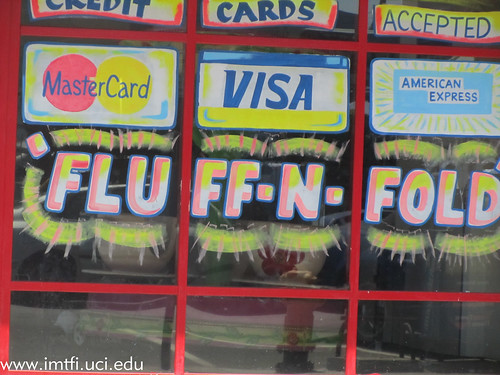Knowing When And When Not To Use Your Credit Card
It is never a bad idea to take good advice, particularly when charge cards are involved. This article offers some valuable education that can help anyone to make wise credit card selections, and use those cards in a manner that prevents problems. Consider that many individuals have cards and do not understand how to handle them correctly, this is how financial problems begin.
Credit Score
Keeping several lines of credit open is helpful to your credit profile. If you can pay your bill in full each month, this number of cards will help you to improve your credit score. However, opening too many is a mistake and it can hurt your credit score.
If your financial circumstances become more difficult, speak with your card issuer. If you are at risk of being unable to make payments in a timely manner, the credit card issuer will usually try to arrange a payment plan that you can stick to. This can help to save your credit score.
Credit Card
When making purchases on the Internet, retain one copy of your credit card receipt. Keep receipts until you can verify the store that sold you the item charged you the same amount that you are charged on your credit card. In the event of a discrepancy, call the credit card company and the retailer at your earliest possible convenience to dispute the charges. This will ensure you don’t get overcharged for your purchases.
To avoid losing more money, confront your credit company about the opportunity for a lower interest rate. When you have a good track record, it becomes easier to negotiate with a company. Just by making one phone call, you might save yourself some money in the form of an improved and competitive rate.
Keep a list of phone numbers for your credit card companies and your own account numbers in a safe location. Stash this is a safe place like a safe, and keep it separate from the charge cards. Having such a list will enable you to take quick action and have all the information handy, when it is needed.
Ask your bank to change your interest rate if you do not like it. If, after speaking with a retention team member, you are still unable to get a reduction, start looking elsewhere for a better rate. After you find it, transfer your debt to the new card.
Be sure you ask a credit card company if they are willing to reduce how much interest you pay. In many cases, companies are willing to lower the interest rates of customers who they have a lengthy and positive relationship with. Asking is free, and the money it can wind up saving you is significant.
Credit Card
Know what recent credit card laws have been created recently. A credit card company is prevented by law from retroactively increasing rates, for example. Another example of something that credit card companies are prohibited from doing, is double-cycle billing. Research the relevant laws. Two legislative changes have occurred that need to be noted, including the CARD Act.
Make note of all fees and charges of potential cards. Look for fees like service charges, cash advance fees, and application fees.
Write yourself a quick note reminding you of your credit card spendings. A note in a visible spot will keep your spending at the front your mind and help you know your financial situation at any given time. Too often, we let credit card spending get out of control by not self-monitoring and before long, we find ourselves in hot financial water!
Credit Card
Make sure that your children are financially responsibly before you give them a credit card. Although it may seem difficult to tell your child that he or she is not mature enough for a credit card, it can help them develop better spending habits.
You should use some of your cards from time to time if you want to keep them. When accounts are not used and do not make money for the issuer, they may be prone to abrupt closure. Use your card for things for which you already have money, and pay off your charges immediately.
As mentioned earlier, it is far too simple to get yourself in trouble with bank cards. Too many cards and purchases that are not wise are just a couple of ways to get yourself into trouble with bank cards. This article should, hopefully, teach you some ways to avoid the trouble that can find you regarding charge cards, so you can remain financially healthy.



